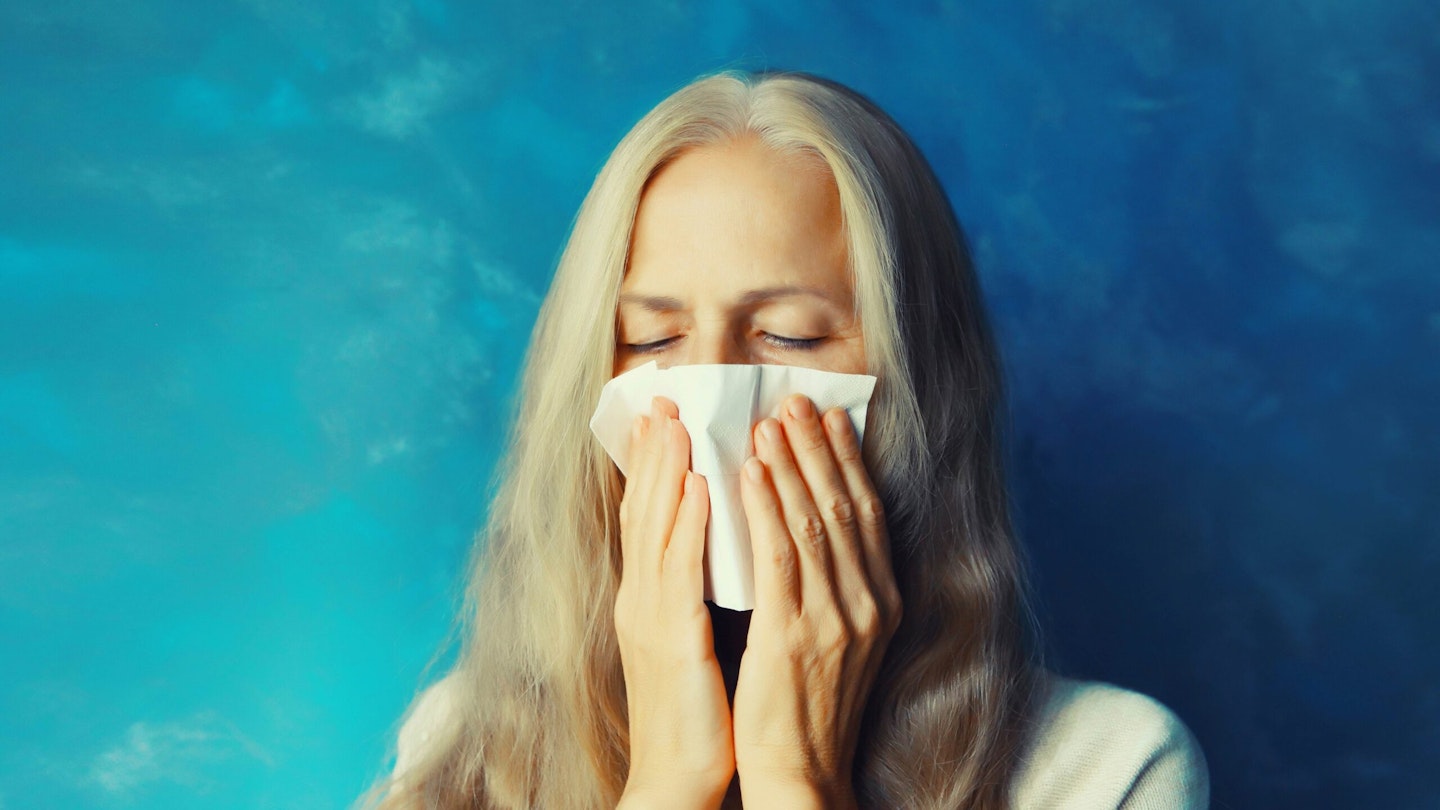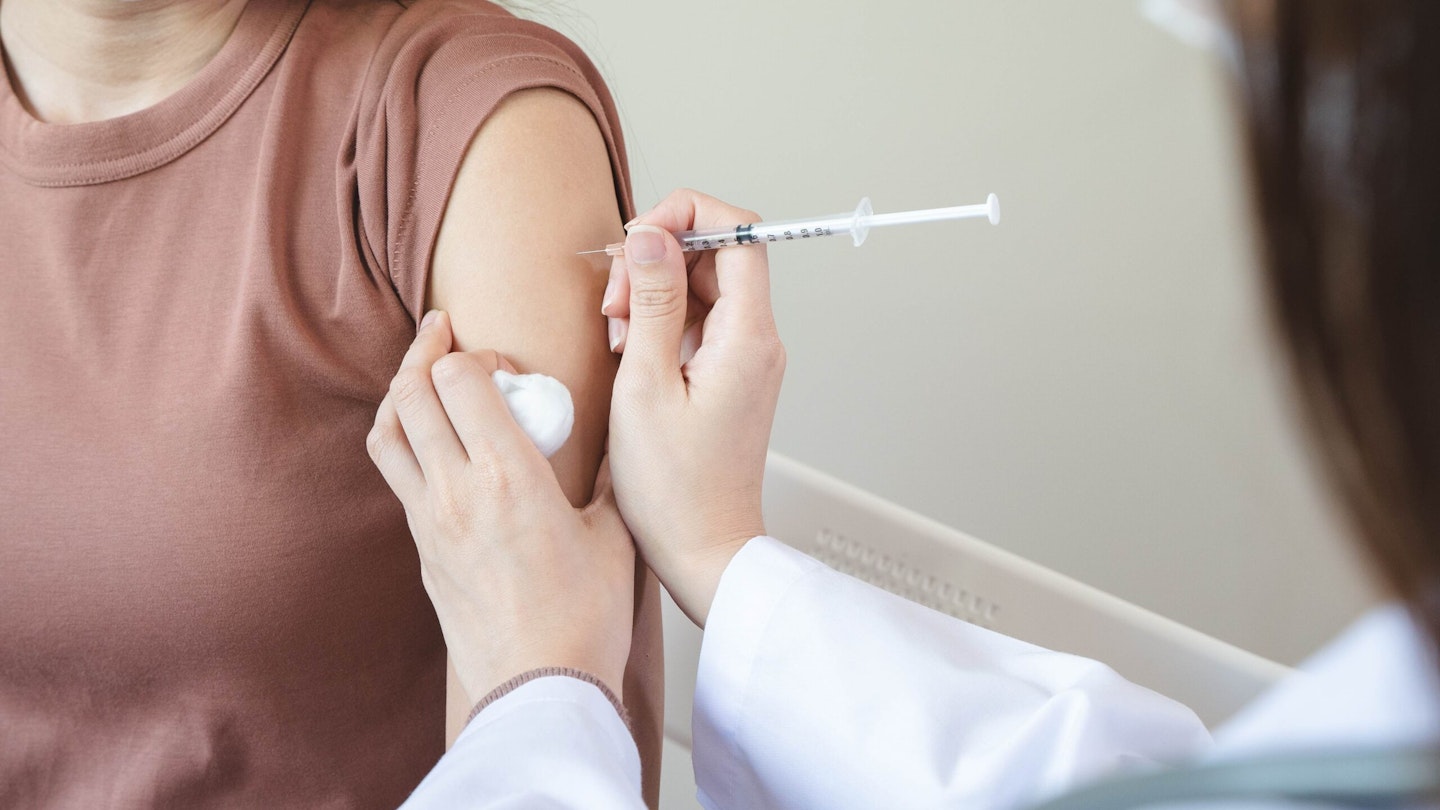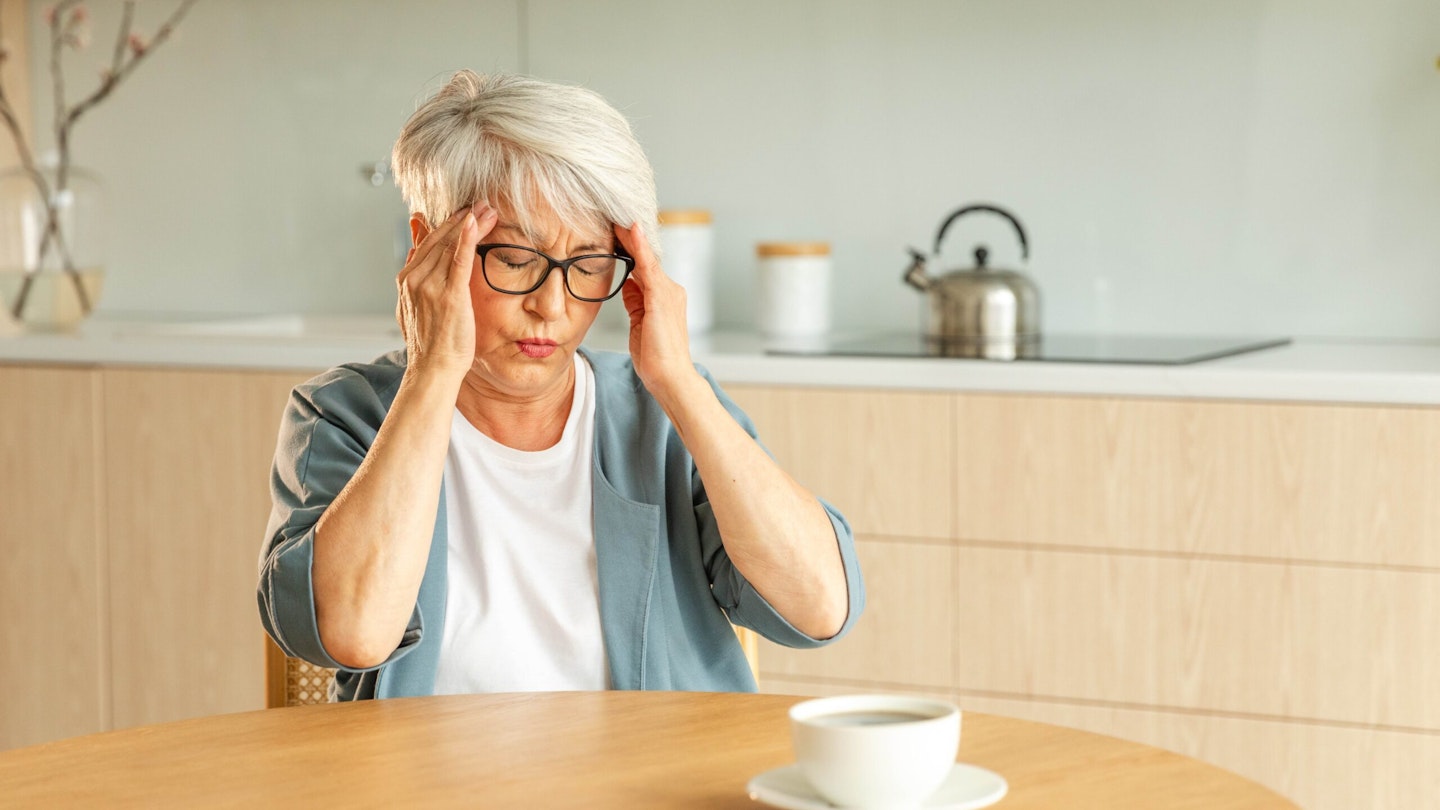To help ease the pressure on the NHS this winter the UK will become the first country in the world to begin an RSV (Respiratory Syncytial Virus) vaccination program this September.
The rollout, which will start from 1 September 2024 in England, includes a vaccine for pregnant women over 28 weeks to help protect their newborn babies, a routine programme for those over 75 and a one-off campaign for people aged 75 to 79.
These groups have been selected as they are deemed to be at the greatest risk from RSV, based on advice from the Joint Committee on Vaccination and Immunisation (JCVI).

What is RSV?
RSV is a respiratory virus that can cause mild cold symptoms and can be more harmful to infants and older adults with more vulnerable immune systems.
Mild symptoms include a runny nose, coughing, sneezing, a fever, wheezing, and a decrease in appetite, while more severe symptoms include bronchiolitis, pneumonia, and long-term respiratory illness.
This respiratory virus is common over the winter period, typically November to February. While the symptoms are mild for many, RSV accounts for around 30,000 hospitalisations of children under 5 in the UK annually, and for 20 to 30 infant deaths.
RSV can also be severe in older adults, causing pneumonia and flare-ups of existing lung disease and other long-term conditions. It causes around 9,000 hospitalisations in those aged over 75 in the UK each year.
When will the RSV vaccine be available in the UK?
It will be offered to those at risk from August 2024 in Scotland and September 2024 in England, Northern Ireland and Wales.
Where can I get the RSV vaccine in the UK
Pregnant women past 28 weeks and everyone aged 75 to 79 or turning 75 years old on or after the 1 September will be offered a vaccine to protect themselves or their babies. You should receive an invite from your GP surgery to arrange an appointment for your vaccine.
Private medical organisations are also able to offer the vaccine but at a cost.

Is more than one dose of RSV vaccine needed?
In older adults, a single dose is expected to give good protection for a few years. A single dose of vaccine will help to boost protection as you reach an age group at highest risk of serious RSV infection.
Pregnant women should have the RSV vaccine in every pregnancy.
What are the side effects of the RSV vaccine?
Kiran Jones, Clinical Pharmacist at Oxford Online Pharmacy, has shared what side effects people may experience from the RSV vaccine, and how to manage them.
“Irritation around the injection site, which will most likely be the upper arm, is common after receiving an RSV vaccine. You may feel mild to moderate pain or tenderness, which should subside within a few days, and also experience swelling or redness.
“Systemic side effects can include fever as the body’s immune system response is activated, fatigue, headaches and muscle pain,” says Kiran.
Some less common side effects can be an allergic reaction that may trigger hives, itching, swelling and, in severe cases, anaphylaxis.
“Fainting can also occur after a vaccination, as over 60 percent of people experience dizziness, vertigo, nausea, or feeling faint post-jab,” explains Kiran.
Be sure to sit in the waiting room for at least 5 minutes after receiving your vaccine.

How to treat the side effects of the RSV vaccine
“To minimise discomfort or feeling unwell after receiving the RSV vaccine, get enough rest and stay hydrated to help your body recover,” says Kiran.
“Drink at least two litres of water and eat a balanced variety of foods, including protein, fruits and vegetables and wholegrains.
“If you feel nauseous after the jab, stick to more bland foods in smaller quantities like toast, plain rice and potatoes.”
You can also take over-the-counter pain relievers like Ibuprofen and Paracetamol to reduce pain, swelling or fever. Applying a cold compress to the injection site can also reduce any swelling.
“Monitor any side effects, as any lasting longer than two to three days should be highlighted to a medical professional, as it could be a sign of an allergic reaction,” says Kiran.
How to protect yourself from the spread of RSV
RSV spreads through coughs and sneezes.
You can help to prevent the spread of the virus by covering your mouth and nose when you cough or sneeze (ideally with a tissue), and wash your hands with warm soapy water frequently to kill the germs.
If you have symptoms that could be RSV you should try and avoid young babies and anyone elderly.
For more information visit Gov.uk
Claire Tapley is a digital editor for Yours.co.uk. She is a journalist with over 16 years' experience writing for women over 50. In her previous role she was deputy editor on Yours magazine for nine years, before moving over to Yours.co.uk.
Claire is extremely passionate about all things health related, specifically fitness and healthy eating. She has a huge amount of knowledge on all areas that interest women over 50 including health, wellbeing, finance, food, tech, beauty and fashion.
